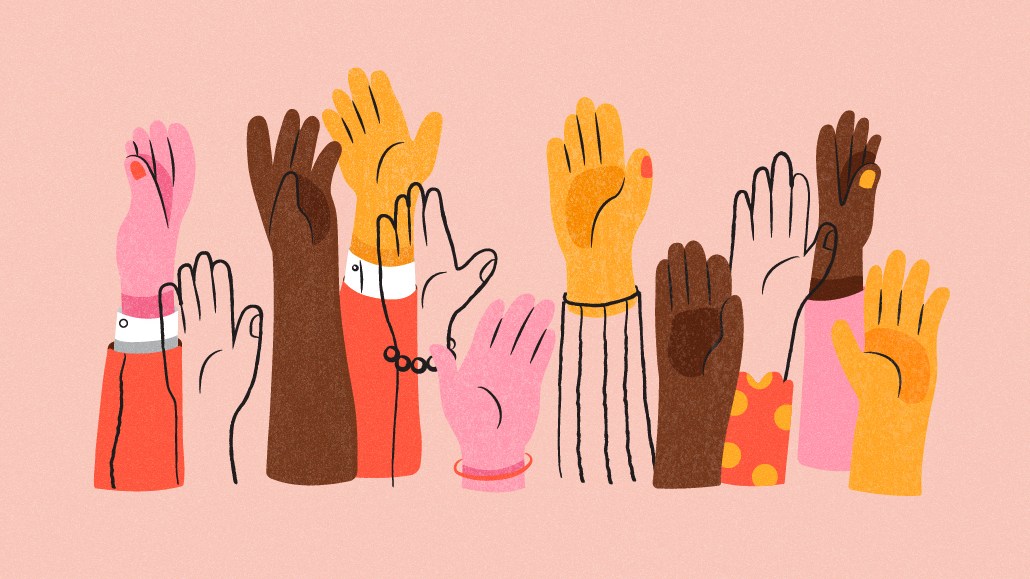Secure your place at the Digiday Media Buying Summit in Nashville, March 2-4
DEI in the balance: What Walmart’s rollback could signal for corporate America

The article was first published by Digiday sibling WorkLife
In a move that sent shockwaves through HR departments, Walmart announced significant changes to its DEI initiatives, becoming the largest company to date to scale back such programs.
The retail giant’s decision includes withdrawing from the LGBTQ+ advocacy group Human Rights Campaign’s Corporate Equality Index and ending its practice of prioritizing suppliers based on race or gender criteria. Notably, Walmart also chose not to renew its five-year commitment to a racial equity center established in the wake of George Floyd’s death in 2020.
The announcement follows similar moves by other big corporations, including Ford Motor Co., Lowe’s and Toyota, signaling a broader shift in how American companies approach workplace diversity and inclusion. Conservative activists have turned up the heat on corporate DEI policies, which has only intensified following this month’s U.S. elections, which conservatives swept.
Meanwhile, workers’ views of DEI programs have become slightly less supportive, according to a recent survey by Pew Research Center. Employees are now somewhat more likely, versus a February 2023 poll, to say their companies pay too much attention to DEI and that focusing on it is mainly a bad thing.
While some companies have chosen to dial back their DEI commitments, others, including Amazon, JPMorgan Chase and Target, are standing firm. In September, JPMorgan Chase CEO Jamie Dimon said of DEI programs, “It’s good for business, it’s morally right, we’re quite good at it, we’re successful.”
“We’re seeing a fundamental rethinking of how organizations approach DEI,” said Dana Daher, analyst and practice leader at HFS Research. “The primary concern isn’t just the public abandonment of corporate commitments but, rather, the long-term impact on business operations as disparities — particularly at the leadership level — will remain and continue to widen without formal policies in place.”
Eric Mochnacz, director of operations at HR consultancy Red Clover, points to corporate fear of consumer backlash as a key driver of the trend. “Companies will often shift their perspectives and approaches based on the outcome of elections,” he said. “The big difference right now is, I think, a number of these companies are legitimately afraid of retribution this time around either from the federal government or from consumers who have taken on taking down DEI programs as their personal mission.”
That said, Mochnacz warns of potential consequences in the workplace. “I think overt racism, homophobia and bigotry are going to make a big comeback in companies that are abandoning DEI,” he said. “And will the underrepresented populations in those companies feel supported and like they have recourse? Or are legitimate investigations into harassment going to be thrown out along with DEI commitments?”
To read the full article click here
More in Marketing

Future of Marketing Briefing: AI’s branding problem is why marketers keep it off the label
The reputational downside is clearer than the branding upside, which makes discretion the safer strategy.

While holdcos build ‘death stars of content,’ indie creative agencies take alternative routes
Indie agencies and the holding company sector were once bound together. The Super Bowl and WPP’s latest remodeling plans show they’re heading in different directions.

How Boll & Branch leverages AI for operational and creative tasks
Boll & Branch first and foremost uses AI to manage workflows across teams.







